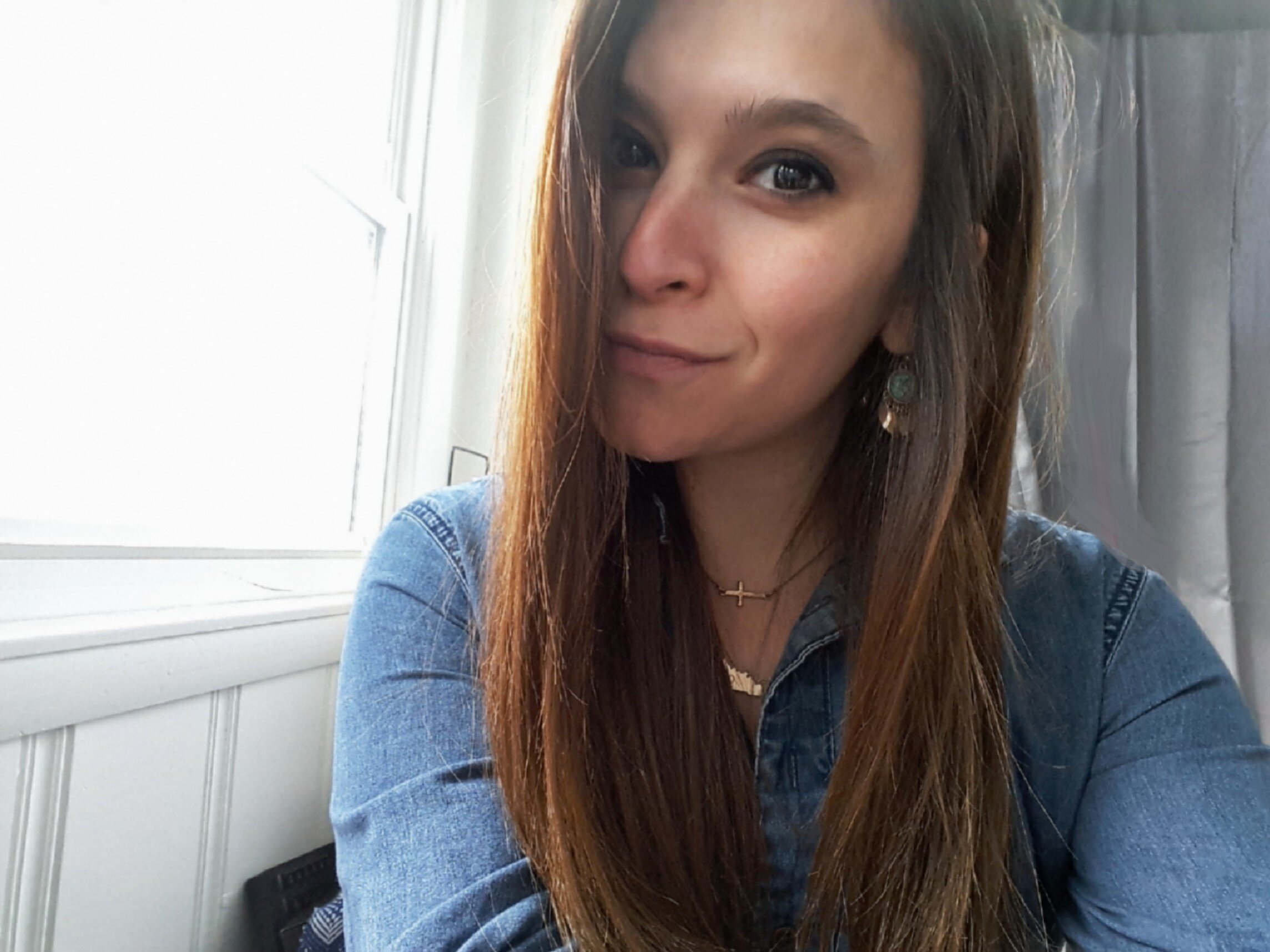Why I Write
Image from Pinterest
I stole the title of this essay from Joan Didion, who stole the title herself from George Orwell. Didion stated in her piece that she stole the title “not only because the words sounded right but because they seemed to sum up, in a no-nonsense way, all I have to tell you” which is, I suppose, why I chose the title as well. I wanted to write this because I only have one story to tell, as we all do, and now is as good a time as any to clear the air. I wanted to write this because in my pieces I often cover topics I struggle to articulate in any meaningful way when I try to discuss them out loud. In the notebook I started keeping in December, I scribbled the following note in scrawny black ink on the night of the 27th:
These are not things that I want to talk about—these are things I want to write about, which is the fundamental difference.
The fundamental difference is and always has been the driving force behind my decision to pursue writing. I consider myself to be a guarded person. This is a choice made consciously with the knowledge and consent of my own mind. I do not typically ask people for their opinion, divulge personal feelings, or take advice without expressly asking for it. In many of my relationships, both platonic and romantic, this is regarded as strange. Rightfully so. But my explanation for this oddity is that there are certain things I want to talk about and there are certain things I want to write about, and I do not want to muddy the waters between the two.
Anyone who is a writer will understand what I mean when I say these things, which is why I asked to write this piece. I wanted to write directly to those of you who understand that it is often easier to string together words on a page and express yourself only to the vacancy of that blank space than it is to say those same words in conversation with someone else. Like Didion, I frequently write to find out what I’m thinking about any given situation, how I feel about it, what it means to me and how I want to act on it. For whatever reason—for whatever strange misarrangement of molecules that infused me with sorrow and left me inexplicably separated from those around me—I feel more comfortable expressing myself to the bareness of a notebook than I do in person to someone I love. If you know me in any personal capacity you know this to be true. I am more likely to send a lengthy text, or write out an expressive message in a birthday card, than I am to tell you to your face what you mean to me and how I feel.
What it all means to me and how I feel is best understood through writing. From around the age of 13 I began to write poetry as a form of self-expression. I felt alienated from others my own age. I dressed differently, acted differently, listened to different music and lost control of my stutter when confronted with anything even vaguely resembling sustained conversation. When I speak I am so neurotically inarticulate that people sometimes question my intelligence. As such, I stick to my strengths and write whenever possible, in whichever situation I am presented with at any given time. I write because it is who I am. I write because I do not know what else to do.
I do not know what else to do because I have not been called to any other vocation by the grace of God or the subjugation of the universe. I am not a skilled mathematician. I do not understand how to read sheet music and cannot play any instruments. I am remotely adept at cooking purely out of survival, not for any real love of the act. I cannot run sprints successfully. I do not know how to compose a symphony, formulate a scientific equation, or operate a race car. I cannot balance spreadsheets, make lattes, or ink tattoos. I do not understand philosophical debates, as anything marked outside the delineation of absolution does not make sense to my concentrated mind. Like Didion, I understand only the physical facts. As such, I am limited in my ability to understand and participate in the world around me. And so I leave myself with only writing if I am to pay bills, put food on the table, have access to more books, express what is on my mind.
There was once a time when I was ashamed of my lack of skills, but this was only because I had not yet gained the clarity needed to understand that to be in possession of even one carefully honed skill is to be in possession of a life. It does not matter what you aren’t good at, all that matters is you’re skilled in something you find beneficial and fulfilling, and that you pursue and hone this skill at every possible convenience. I write because I am a writer. It is what I was born with, it is what I have worked at, it is everything I hope to accomplish with my life.
I am not one of those people who knew from an early age what I wanted to be when I grew up. I was interested in marine biology, astrophysics, poetry, Shakespeare, ballet. What I wanted to “do” with my life was read, and be left alone, and to find solace and happiness within the two. Because I could not make a living like this—despite my best efforts—I concerned myself only with the day ahead of me. I did not concoct a five-year-plan, nor did I concoct a ten-year one. I applied to college out of reflexive expectation but differed acceptance when the time came, because I could not rightly justify the expense of $120,000 of borrowed money for a slip of paper I did not know how to address under the category of “major”. I wandered through life like some half-formed thing, some ethereal being with one foot in grounded reality and the other floating in space. I did not know I even wanted to be a writer until I started to call myself one. I did not understand what I could do with the examined facts until I started to write about them.
I think this is ultimately the trick to life—to call yourself what you want to become and to allow the reverberation of your declaration to help you achieve this thing. You are what you want to be, what is ingrained within your soul, etched onto your DNA. The pursuit of this is, as it should be, your life’s work. Do not concentrate on the myriad things in which you are not. Focus your effort instead on the thing in which you are. If you are a writer, write. Attempting to conform to a shape in which you were never meant to take is damaging not only to your prospects, but to your soul.
Didion believes that to write is to find the answer to the questions you ask yourself in the privacy of your own mind—who is this character? Where is this story going? Where do these people live? What draws them together? If you knew any of these answers, you would not need to write. To write is to find meaning in the mundane. To find semblance in silence. To learn what you can about the story you have to tell and in the process to learn what you can about the story you tell yourself. About who you are. About what you hope to achieve.
To learn why you write.
About Sam Cohen
Sam Cohen is a writer and editor based in New England. She lives with her wonderful partner Caleb, and enjoys learning new languages, drinking lattes, and spending time with her loved ones. Sam is an avid reader who practices yoga and tries to laugh as often as possible. She hopes to be a published author one day. She can be found on Twitter and Instagram.

